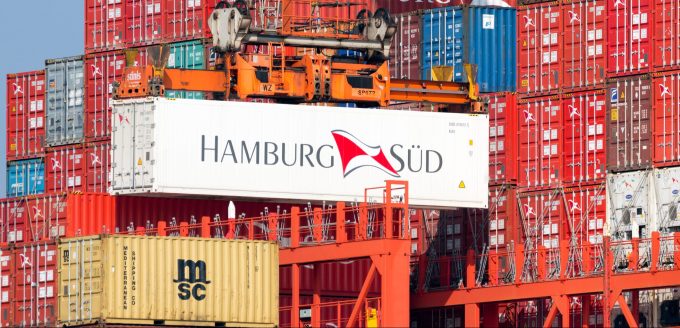Maersk developing the tech to create the 'Amazon of logistics'
Maersk is looking to build an “Amazon for logistics” with its integrator strategy, supported by ...

Following the $9.8m penalty imposed on Maersk-owned operator Hamburg Süd last week, the US Federal Maritime Commission (FMC) is to revise OSRA 22, itself a revision of the Shipping Act, to give a clearer definition of “refusal to deal”.
The FMC found Hamburg Süd in violation of the act’s provision 41104(a)(10), ‘refusal to deal’, ruling that the carrier shut out complainant OJ Commerce, a Florida-based furniture importer, in retaliation for legal action against the carrier.
The evidence was uncovered ...
'Disastrous' DSV-Schenker merger would 'disrupt European haulage market'
'Chaos after chaos' coming from de minimis changes and more tariffs
List of blanked transpac sailings grows as trade war heats up and demand cools
Shippers in Asia restart ocean shipment bookings – but not from China
India withdraws access for Bangladesh transhipments, in 'very harmful' decision
'Tariff hell' leaves industries in limbo – 'not a great environment to plan'
Asian exporters scramble for ships and boxes to beat 90-day tariff pause
Temporary tariff relief brings on early transpacific peak season
Volumes set to 'fall off a cliff' as US firms hit the brakes on sourcing and bookings
Pre-tariff rush of goods from US to China sees air rates soar, but not for long
De minimis-induced ecommerce demand slump could cripple freighter operators
Forwarders 'allowing the fox into the chicken run' by supporting 'hungry' carriers
Hapag 'took the bigger risk' when it signed up to Gemini, says Maersk
Navigating tariffs: 'like trying to solve a Rubik's cube while colour-blind'
'Restoring America's maritime dominance' – stop laughing at the back of the class

Comment on this article